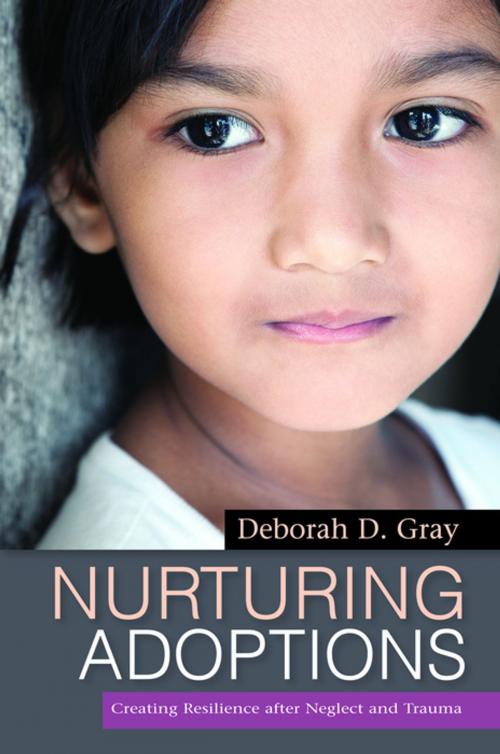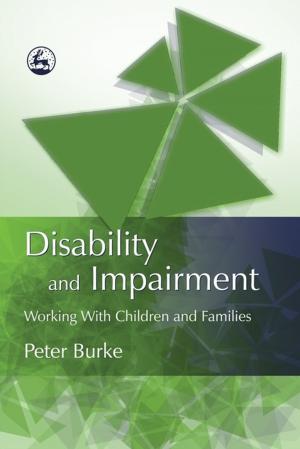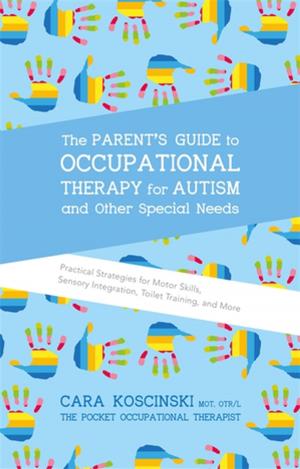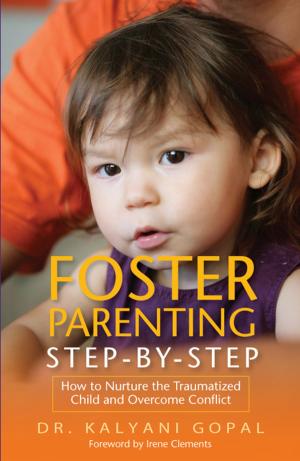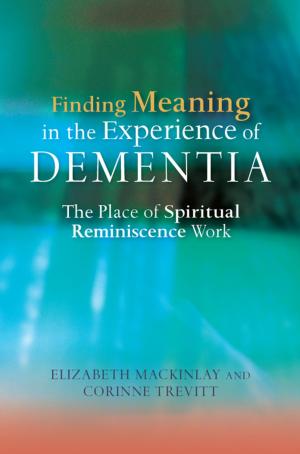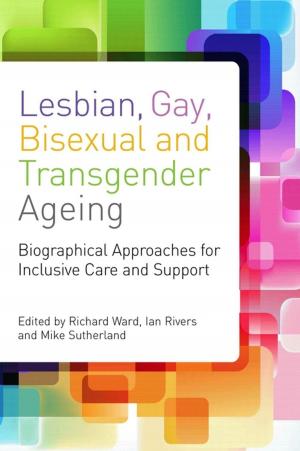Nurturing Adoptions
Creating Resilience after Neglect and Trauma
Nonfiction, Health & Well Being, Psychology, Developmental Psychology, Social & Cultural Studies, Social Science| Author: | Deborah D. Gray | ISBN: | 9780857006073 |
| Publisher: | Jessica Kingsley Publishers | Publication: | February 15, 2012 |
| Imprint: | Jessica Kingsley Publishers | Language: | English |
| Author: | Deborah D. Gray |
| ISBN: | 9780857006073 |
| Publisher: | Jessica Kingsley Publishers |
| Publication: | February 15, 2012 |
| Imprint: | Jessica Kingsley Publishers |
| Language: | English |
Adopted children who have suffered trauma and neglect have structural brain change, as well as specific developmental and emotional needs. They need particular care to build attachment and overcome trauma.
This book provides professionals with the knowledge and advice they need to help adoptive families build positive relationships and help children heal. It explains how neglect, trauma and prenatal exposure to drugs or alcohol affect brain and emotional development, and explains how to recognise these effects and attachment issues in children. It also provides ways to help children settle into new families and home and school approaches that encourage children to flourish. The book also includes practical resources such as checklists, questionnaires, assessments and tools for professionals including social workers, child welfare workers and mental health workers.
This book will be an invaluable resource for professionals working with adoptive families and will support them in nurturing positive family relationships and resilient, happy children. It is ideal as a child welfare text or reference book and will also be of interest to parents.
Adopted children who have suffered trauma and neglect have structural brain change, as well as specific developmental and emotional needs. They need particular care to build attachment and overcome trauma.
This book provides professionals with the knowledge and advice they need to help adoptive families build positive relationships and help children heal. It explains how neglect, trauma and prenatal exposure to drugs or alcohol affect brain and emotional development, and explains how to recognise these effects and attachment issues in children. It also provides ways to help children settle into new families and home and school approaches that encourage children to flourish. The book also includes practical resources such as checklists, questionnaires, assessments and tools for professionals including social workers, child welfare workers and mental health workers.
This book will be an invaluable resource for professionals working with adoptive families and will support them in nurturing positive family relationships and resilient, happy children. It is ideal as a child welfare text or reference book and will also be of interest to parents.
